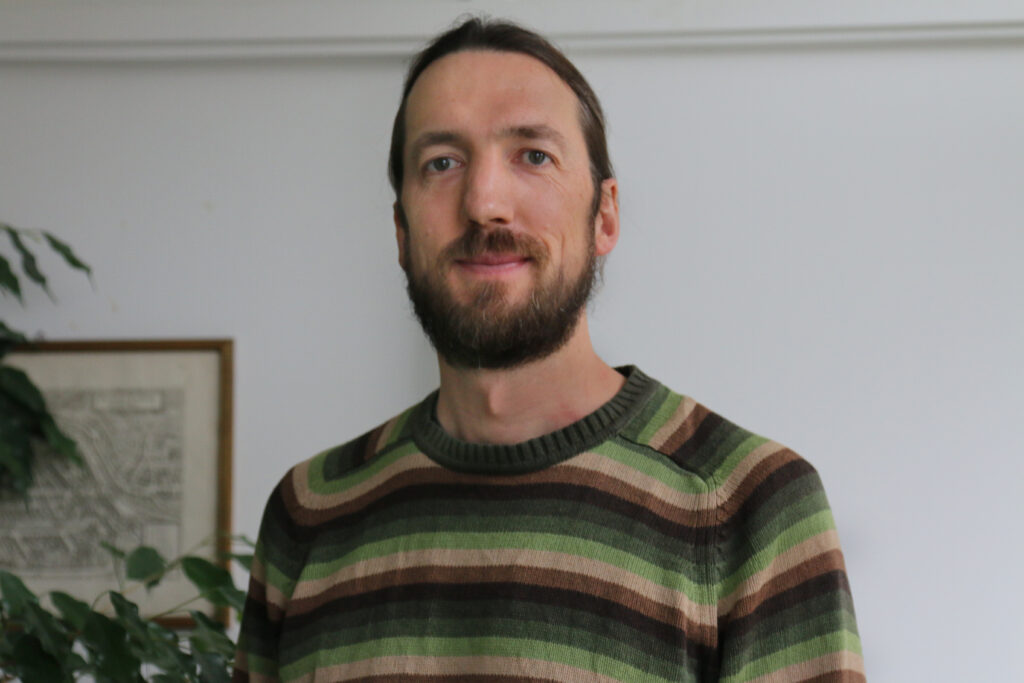Selected Publications
- BM Kraemer, K Kakouei, C Munteanu, MW Thayne, R Adrian. Worldwide moderate-resolution mapping of lake surface chl-a reveals variable responses to global change (1997-2020). PLOS Water, 2022. link
- BM Kraemer, RM Pilla , RI Woolway , O Anneville , S Ban , W Colom-Montero , SP Devlin , MT Dokulil , EE Gaiser , KD Hambright, et al. Climate change drives widespread shifts in lake thermal habitat. Nature Climate Change. 2021. link
- RI Woolway, BM Kraemer, JD Lenters, CJ Merchant, CM O’Reilly, S Sharma. Global lake responses to climate change. Nature Reviews: Earth and Environment. 2020. link
- BM Kraemer. Rethinking discretization to advance limnology amid the ongoing information explosion. Water Research. 2020. link
- BM Kraemer, O Anneville, S Chandra, M Dix, E Kuusisto, D Livingstone, A Rimmer, G Schladow, E Silow, L Sitoki, Y Vadeboncoeur, PB McIntyre. Morphometry and average temperature affect lake stratification responses to climate change. Geophysical Research Letters. 2015. link
FRIAS Project
Lake dead zones: global drivers and sensitivity to climate change
Dead zones occur at the mouths of polluted rivers where the decomposition of excessive algae depletes oxygen so that few organisms can survive. Dead zones in the world’s oceans can extend hundreds of kilometers from shore and receive considerable attention for their adverse effects on ecosystems, fisheries, and coastal communities. In contrast, the global extent, drivers, and consequences of dead zones in the world’s lakes remain uncertain despite their importance for drinking water, recreation, and biodiversity. Here, I propose to finish past work combining remotely sensed and in situ datasets to map dead zones at the mouths of major inflowing rivers in more than 100 of the world’s largest lakes and asses their changes from 1997 to 2023. My preliminary findings suggest that lake dead zones occur across geographic and climatic gradients and are associated with a combination of urban and agricultural activities in their watersheds. The FRIAS Early Career fellowship will allow me to expand these preliminary findings and publish a paper which documents the global extent and landscape drivers of lake dead zones. I will further leverage this publication to write a Volkswagen Foundation proposal which explores the sensitivity of lake and marine dead zones to climate change. Examining the similarities and differences between marine and lake dead zones will cross traditionally siloed research domains and help optimize the sustainable stewardship of both aquatic environments.
